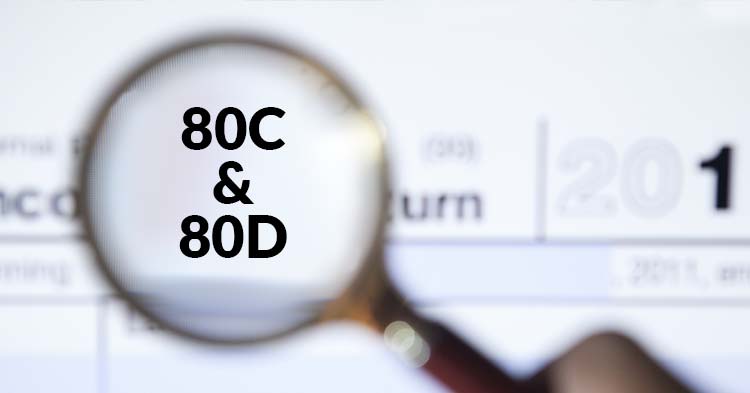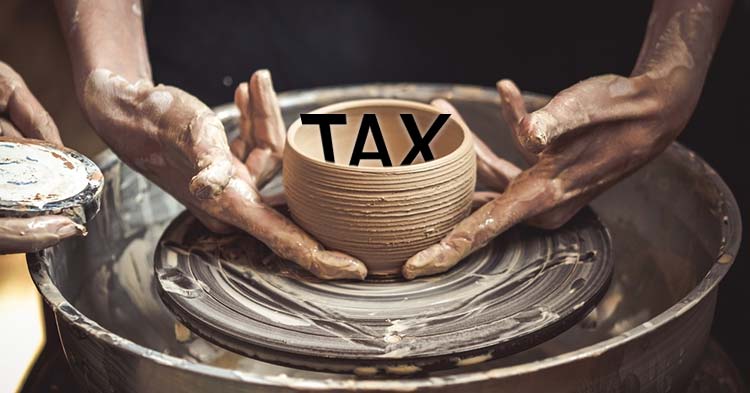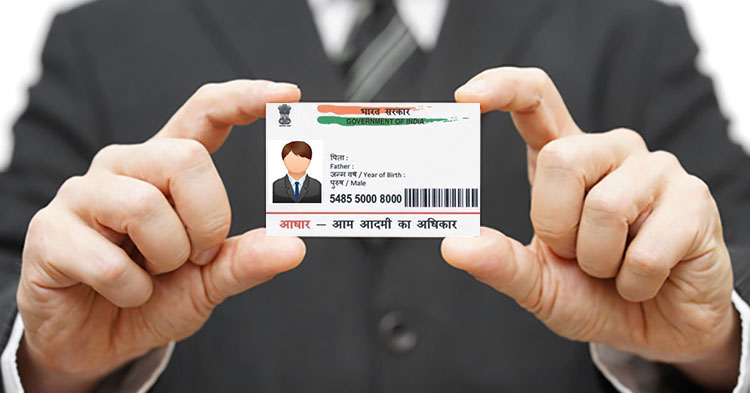OneInsure Blog
Tax-Saving Investments under Sections 80(C) and 80(D)
It's that time of the year again when people are talking about tax and tax-saving investments. In your pursuit to reduce
Sections 80(C) and 80(D) of the Indian Income Tax Act are two such tax-saving tools/schemes under which you can avail tax deductions up to a maximum amount of ₹1,50,000 and ₹60,000 respectively.
The following is the list of all the financial instruments that are covered under Section 80(C):
- Investments in ELSS funds, that is, Equity-Linked Savings Scheme
- Investments in PPF, that is, Public Provident Fund
- Investments in EPF, that is, Employee Provident Fund
- Investments in NSC, that is, National Savings Certificates
- Investments in ULIPs, that is, Unit-Linked Insurance Plans
- Payment of premiums against Life Insurance Policies
- Investments in Tax-saving Fixed Deposits
- Investments in Senior Citizens Savings Scheme
- Investments in Sukanya Samriddhi Yojana
- Repayment of home loans
- Payment of children’s tuition fees
Under Section 80(C), you can avail a maximum deduction of ₹1,50,000. To know further on how to invest to save tax on the aforementioned investments and payments, we would strongly suggest you read this article: Complete List of Deductions under Section 80C with Explanation.
Likewise, if you have insured your and your family members’ health under a health insurance plan, then you’re eligible for tax deduction against the premiums paid under Section 80(D). The following is the working that shows the maximum limit on tax deductions against different categories of health plans:
A policy that covers individual, spouse, and children (no member is a senior citizen) – a maximum of ₹25,000
A policy that covers individual, spouse, and children + parents who are not senior citizens – a maximum of ₹50,000
A policy that covers individual, spouse, and children + parents who are senior citizens – a maximum of ₹55,000
A policy that covers individual, spouse, and children where you or your spouse is a senior citizen + parents who are senior citizens – a maximum of ₹60,000
Also Read: Self-employed? Here Are the Tax Benefits That You Can Avail
You can read further about how to invest under Section 80(D) to avail tax deductions in this article. To get yourself a health cover and reduce your tax right away, visit here or let us know in the Comments section below. You can also get in touch with us by dialing 86559-86559 or by dropping us an email at support@oneinsure.com.
GET BEST QUOTE FOR TAX


 Comments
Comments

 Tax deductions, Tax certificate, Tax deduction
Tax deductions, Tax certificate, Tax deduction



